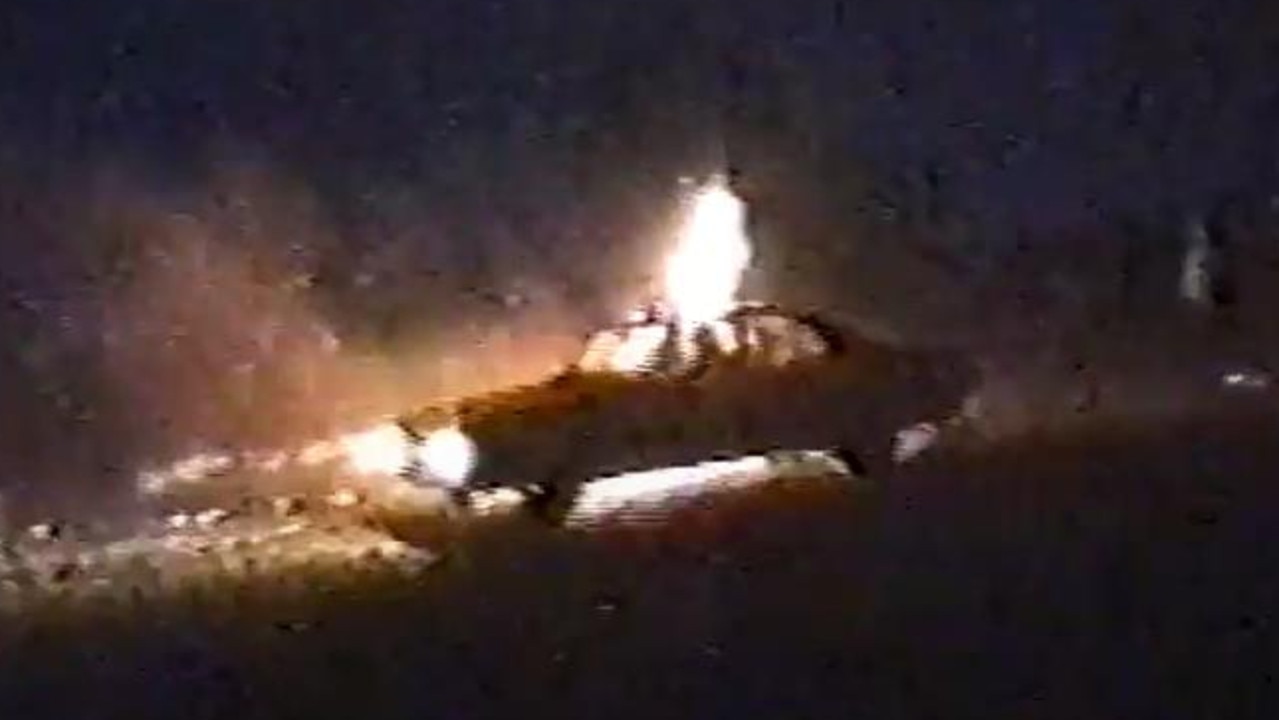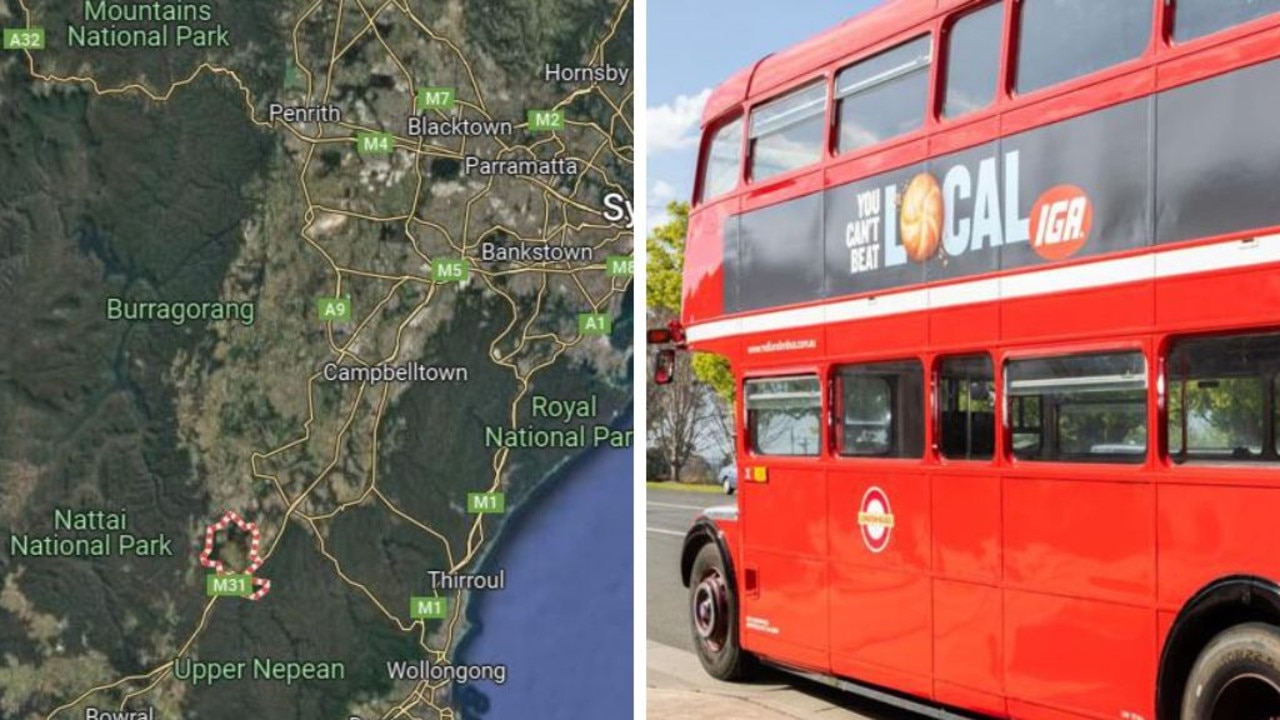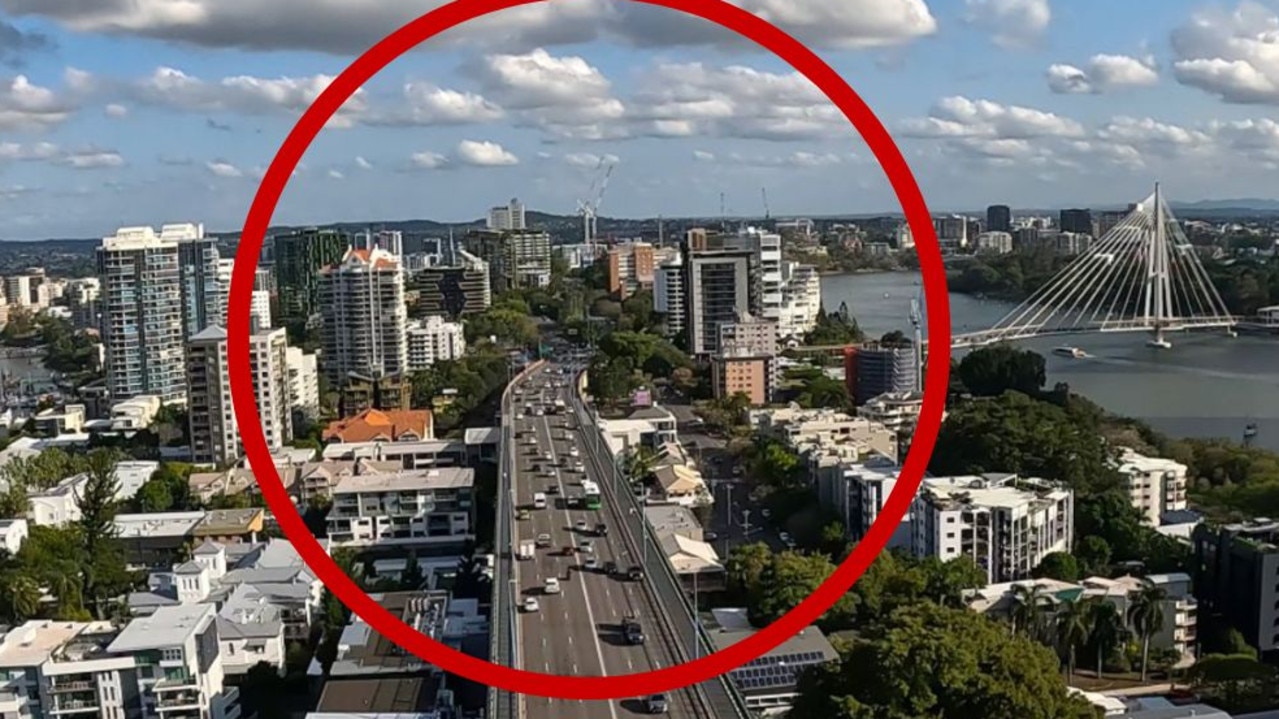Tourism Australia chief speaks about the future of travel
Borders are finally open and people are going on holidays again - but there’s one thing both Aussie and foreign tourists need to learn more about.
Borders are finally open and tourists are making their way Down Under again - but there’s one thing they “need to be educated on”, according to Tourism Australia.
Speaking at the agency’s annual Destination Australia conference in Melbourne yesterday, Managing Director Phillipa Harrison said the industry was gearing up for a massive return in travel as she laid out the group’s predictions and trends for 2022.
One trend that had emerged, according to Ms Harrison was that Indigenous stories were “significantly growing in appeal”.
“Our research has told us that the more we tell our Indigenous story, bring it to life, the more interest there is,” she said.
“So actually we’ve got to do a lot better in terms of our storytelling and we need to educate people that it’s not just deserts and dot painting and weaving.
“It can be adventure and food and urban experiences. And it can be integrated into any itinerary and accessible anywhere in Australia.”
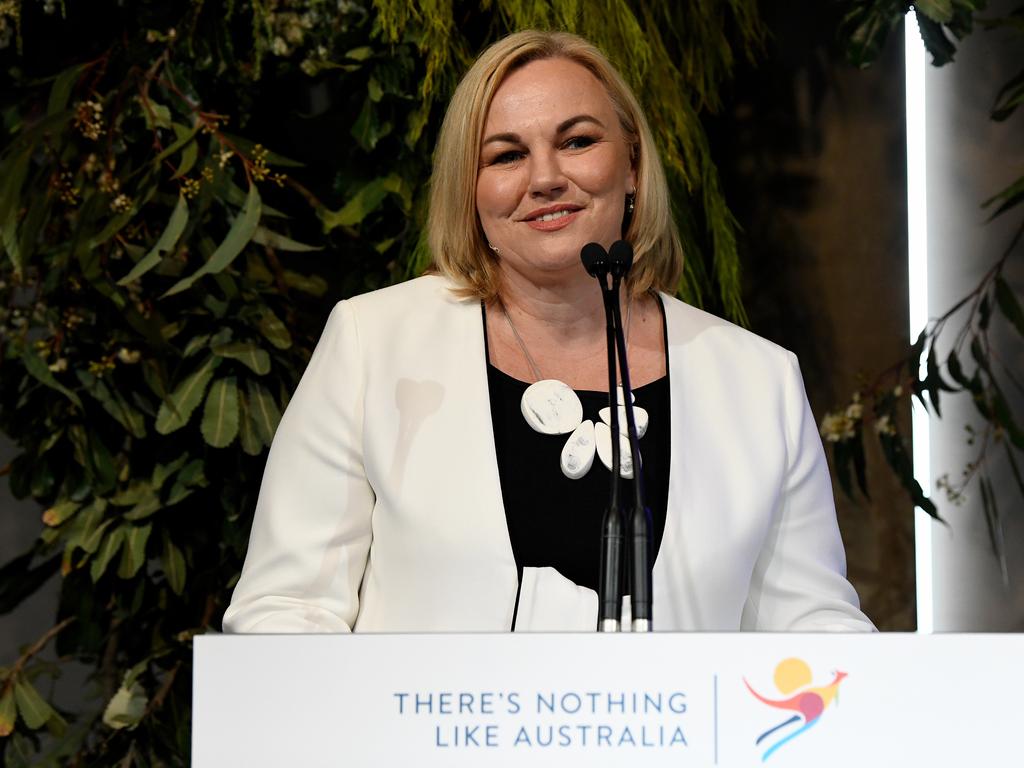
Ms Harrison said Tourism Australia was embracing a “new approach” to help educate tourists coming from overseas.
“We’re going to be dual naming the cities, using the current term alongside the traditional Aboriginal name,” she said.
“We’ve been doing it in social media and will be rolling it out across all of our content from this point on.”
Melbourne will be jointly referred to Naarm, Canberra known as Ngunnawal Country and Adelaide will be referred to as Tarndanya, and so on.
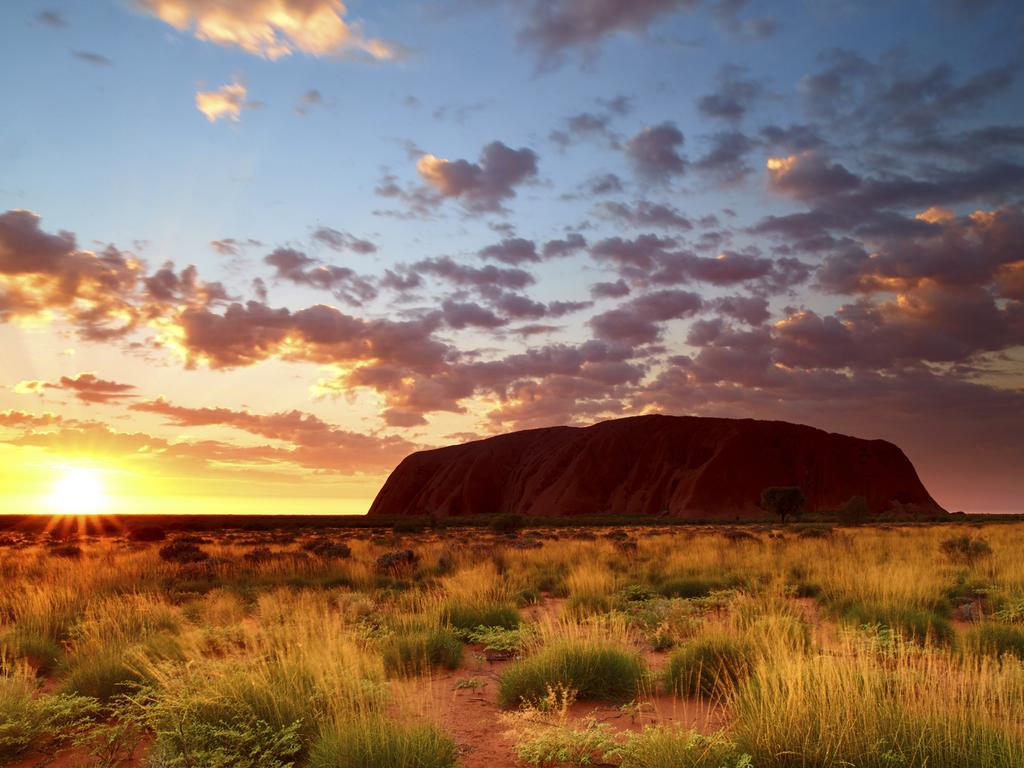
Speaking at the conference later in the day, Koori Heritage Trust’s Education and Experience Manager Rob Hyatt said Australia had a long way to go to educate tourists on Indigenous culture.
“We had an international visitor come into our gallery and every piece of our gallery is done by an Aboriginal artist. It‘s all Aboriginal artwork from Victoria,” Mr Hyatt, a proud Wotjobaluk/Gunai Kurnai man, said.
“As they walked out, they complained to reception that we were not promoting the right thing because they didn’t see a single piece of Aboriginal art while they were in our gallery because of their expectation of what Aboriginal art is.”
Nornie Bero, the owner and executive chef of Indigenous food and hospitality business Mabu Mabu, had a similar story.
“I had a question when I first opened up and someone said to me, ‘I didn’t know Indigenous people had cuisine?’. And I was like, ‘Oh, well, we gotta eat, you know. Simple,” she said.
“You know, it’s all about understanding your customer too as well, they didn’t mean it. They’re thick,” she added with a laugh.
Ms Bero, from the Komet Tribe of the Meriam people of Mer Island in the Torres Strait, said she was on a mission to change the world and showcase Indigenous produce and food.
Despite the awkward occurrences, Mr Hyatt said tourists were eager to learn.
“The change that we're seeing in the customer, purely from an Aboriginal experience side of things, is actually this real desire to have those experiences. It's growing all the time,” he said.
“Even domestically, people are starting to understand that you can have a great time and a great experience with local Aboriginal people and with local Aboriginal experiences and local Aboriginal product. So there's that element.
“What we're starting to see at the Heritage Trust is also this next step of our international visitors on arrival saying ‘it's great because we get to see Aboriginal culture, the performance’.
“You know, the didj (didgeridoo) playing, the dance and all those elements, but then they want to sit down and say, ‘but can you tell us your story? What happened in Australia?’ I've had questions from international visitors, ‘why do you say you're Aboriginal but you look the way you do?’
“And so there is I actually say this real change in people wanting to actually understand Indigenous or First Nations Australia today. So that's a big opportunity for us to take as well.”




